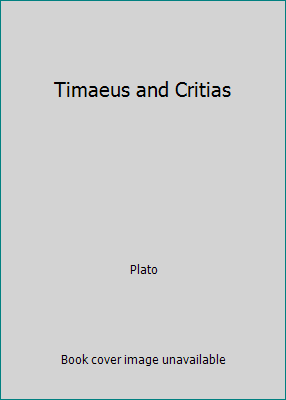All Formats & Editions
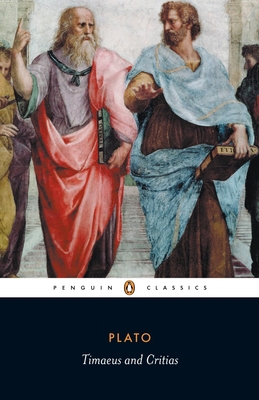
Timaeus and Critias
Timaeus and Critias is a Socratic dialogue in two parts. A response to an account of an ideal state told by Socrates, it begins with Timaeus's theoretical exposition of the cosmos and his story describing the creation of the universe, from its very beginning to the coming of...

Timaeus and Critias
'It is unlawful for the best to produce anything but the most beautiful' The Timaeus-Critias is a Platonic treatise in two parts. A response to an account of an ideal state told by Socrates, it begins with Timaeus' theoretical exposition of the cosmos and his story describing...
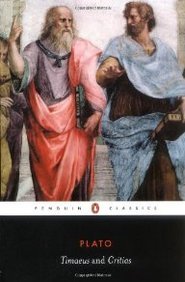
Timaeus and Critias
No Marketing Blurb
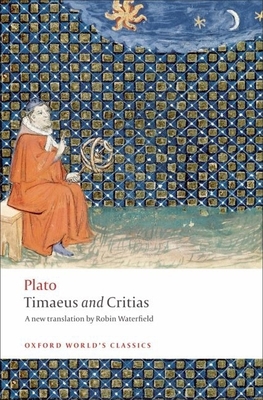
Timaeus and Critias
'The god wanted everything to be good, marred by as little imperfection as possible.' Timaeus, one of Plato's acknowledged masterpieces, is an attempt to construct the universe and explain its contents by means of as few axioms as possible. The result...
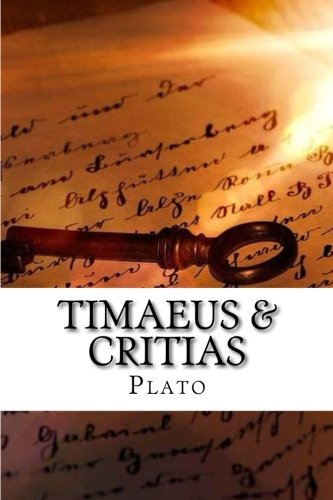
Timaeus & Critias
Included in this book are two of Plato's most famous dialogues: TIMAEUS & CRITIASTimaeus is written mostly in the form of a long monologue given by the title character Timaeus of Locri, written c. 360 BC. The work puts forward speculation on the nature of the physical world and...
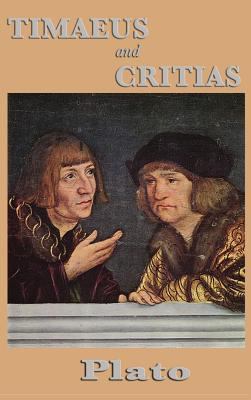
Timaeus and Critias
Timaeus is one of Plato's dialogues, mostly in the form of a long monologue given by the title character. The work puts forward speculation on the nature of the physical world and human beings. It is followed by the dialogue Critias. Critias, one of Plato's late dialogues, it...
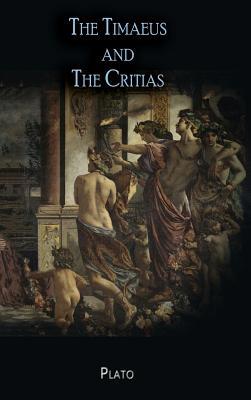
The Timaeus and The Critias
The Timaeus is the most obscure to the modern reader of Plato's writings, and has had the greatest influence over the ancient and mediaeval world. The Critias is a fragment designed to be the second part of a trilogy. Both tell about Atlantis.
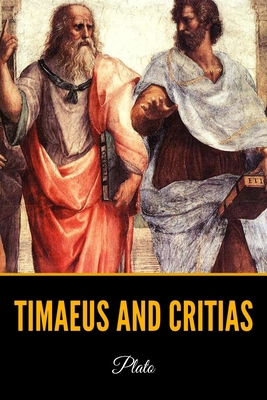
Timaeus and Critias
TIMAEUS: How thankful I am, Socrates, that I have arrived at last, and, like a weary traveller after a long journey, may be at rest And I pray the being who always was of old, and has now been by me revealed, to grant that my words may endure in so far as they have been spoken...
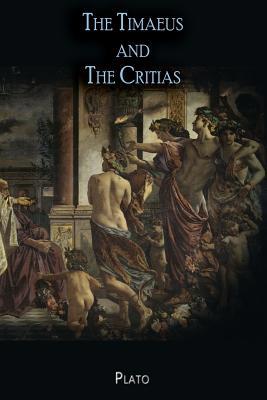
The Timaeus and The Critias
Among all the writings of Plato the Timaeus is the most obscure to the modern reader, and has nevertheless had the greatest influence over the ancient and mediaeval world. The Critias is a fragment and it was designed to be the second part of a trilogy. Timaeus had brought...
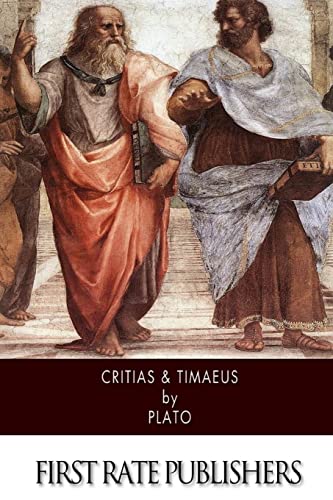
Critias & Timaeus
In 427 B.C., the Ancient Greek city-state of Athens was flourishing. Approximately 80 years earlier, the Athenians had formed the first self-representative democracy in history, the Peloponnesian War against Sparta had only just started, and Socrates was only beginning to lay...
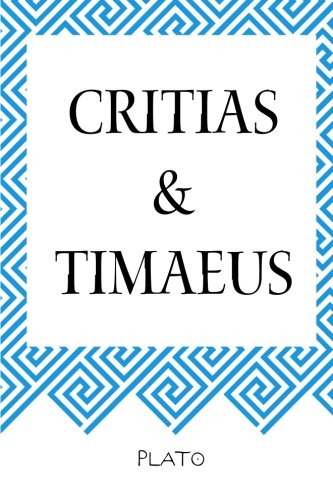
Critias & Timaeus
To say Socrates was an influence on Plato would be a vast understatement; historians today still struggle to distinguish Socrates' philosophical beliefs from Plato's, because much of Plato's writings consisted of "Socratic dialogues," in which the main character, Socrates, discusses...
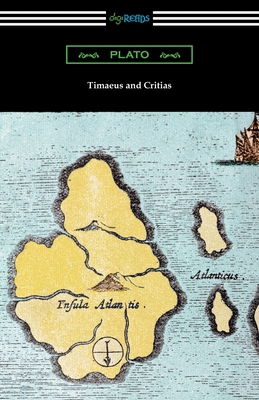
Timaeus and Critias
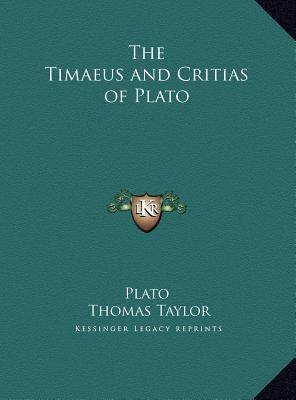
The Timaeus and Critias of Plato
The Timaeus and Critias of Plato is a collection of two of Plato's most famous dialogues. The Timaeus is a philosophical treatise that explores the creation of the universe and the nature of the soul. In this dialogue, Plato presents a cosmology that is based on the idea of the...
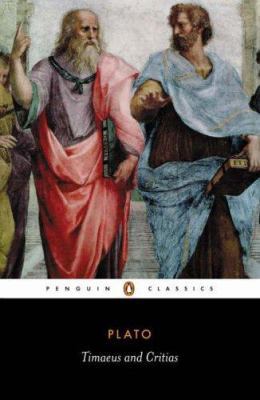
Timaeus and Critias
No Marketing Blurb

Timaeus and Critias (Penguin Classics)
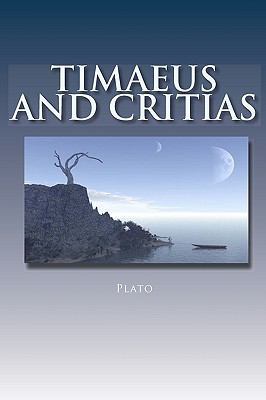
Timaeus and Critias
Timaeus is one of Plato's dialogues, mostly in the form of a long monologue given by the title character Timaeus of Locri, written c. 360 BC. The work puts forward speculation on the nature of the physical world and human beings and is followed by the dialogue Critias. Participants...

Timaeus and Critias
'The god wanted everything to be good, marred by as little imperfection as possible.' Timaeus , one of Plato's acknowledged masterpieces, is an attempt to construct the universe and explain its contents by means of as few axioms as possible. The result is a brilliant, bizarre,...
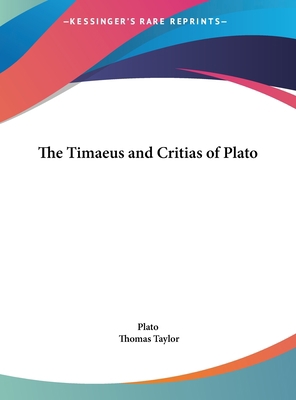
The Timaeus and Critias of Plato
The Timaeus and Critias of Plato is a classic philosophical work that comprises two of Plato's dialogues - the Timaeus and the Critias. The Timaeus is a philosophical treatise that explores the nature of the universe and the origins of the world. It discusses the creation of...
![Die Berichte von Atlantis: Timaios (Auszug) und... [German] 3751932542 Book Cover](https://i.thriftbooks.com/api/imagehandler/l/E65C3EA920E8C826072145C31C63C2D43BB21318.jpeg)
Die Berichte von Atlantis: Timaios (Auszug) und... [German]
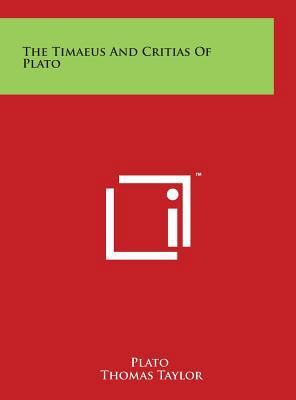
The Timaeus And Critias Of Plato
The Timaeus and Critias of Plato is a collection of two dialogues written by the ancient Greek philosopher Plato. The first dialogue, Timaeus, is a discussion of cosmology, or the study of the universe and its origins. In it, Plato presents a creation myth that features a divine...
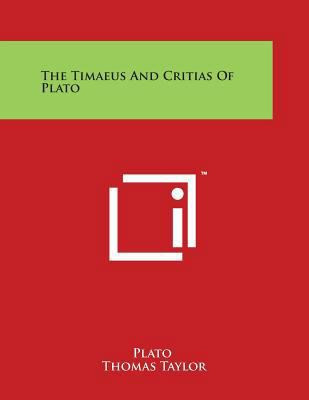
The Timaeus And Critias Of Plato
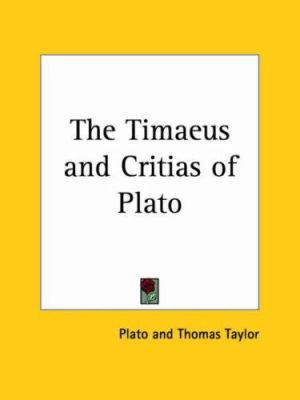
The Timaeus and Critias of Plato
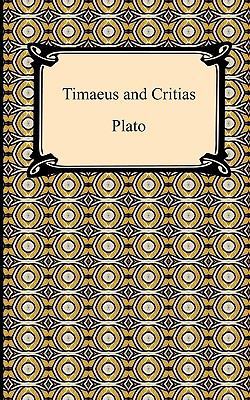
Timaeus and Critias
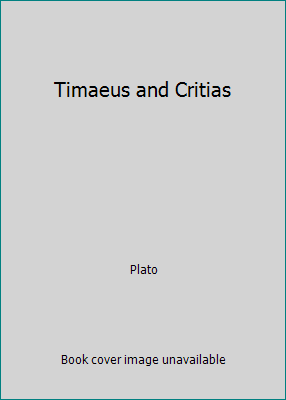
Timaeus and Critias
